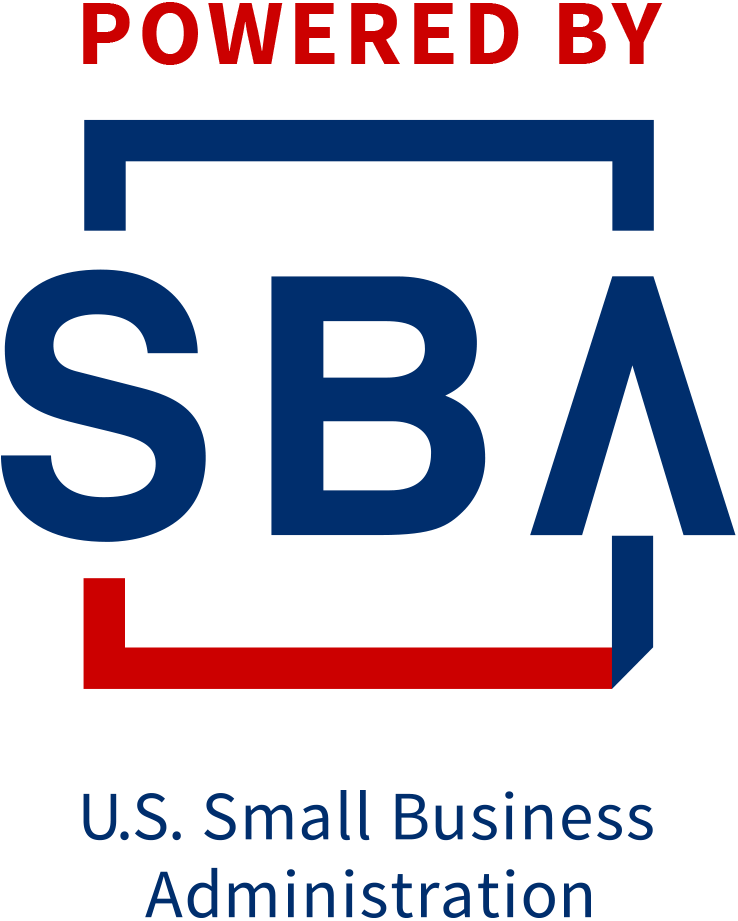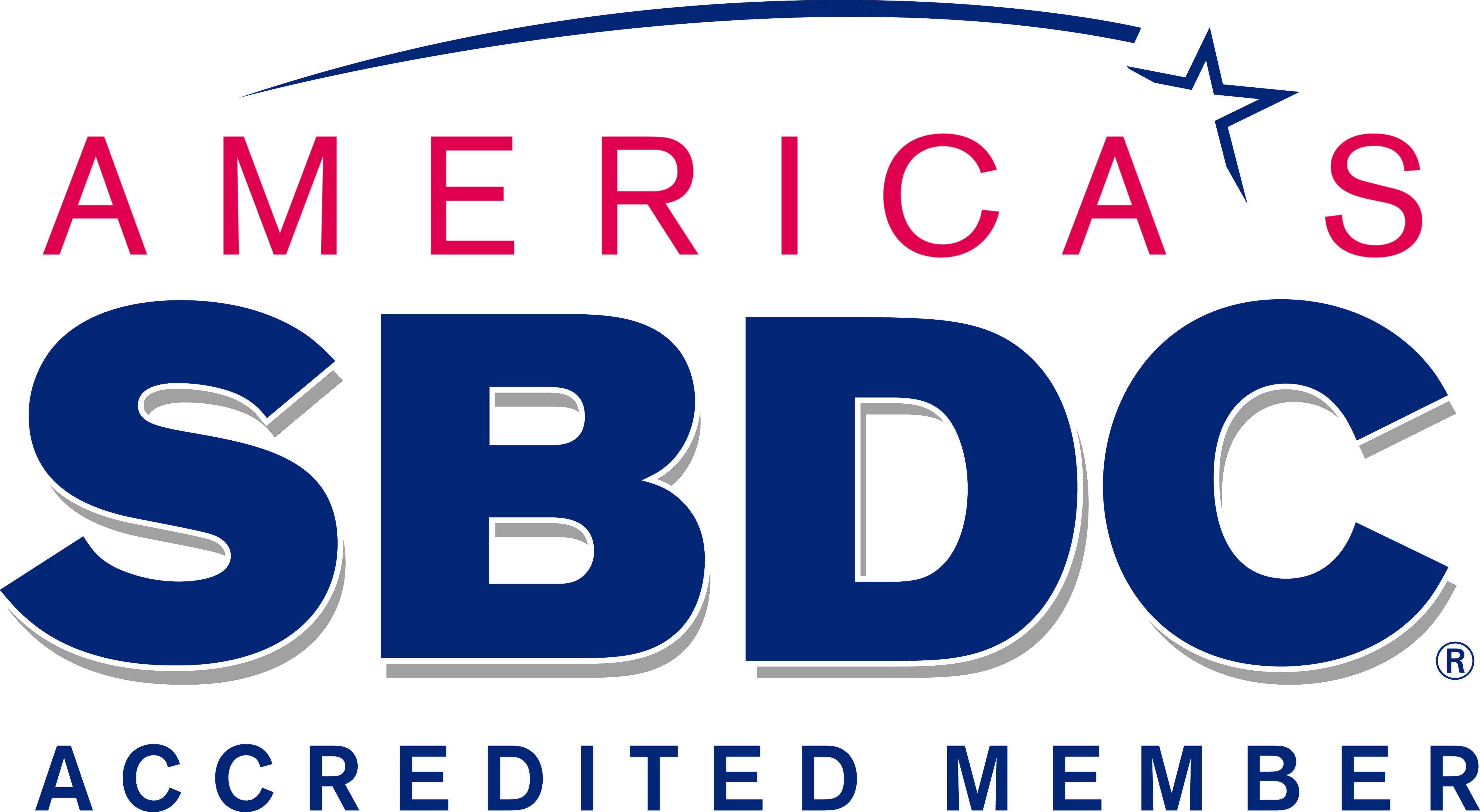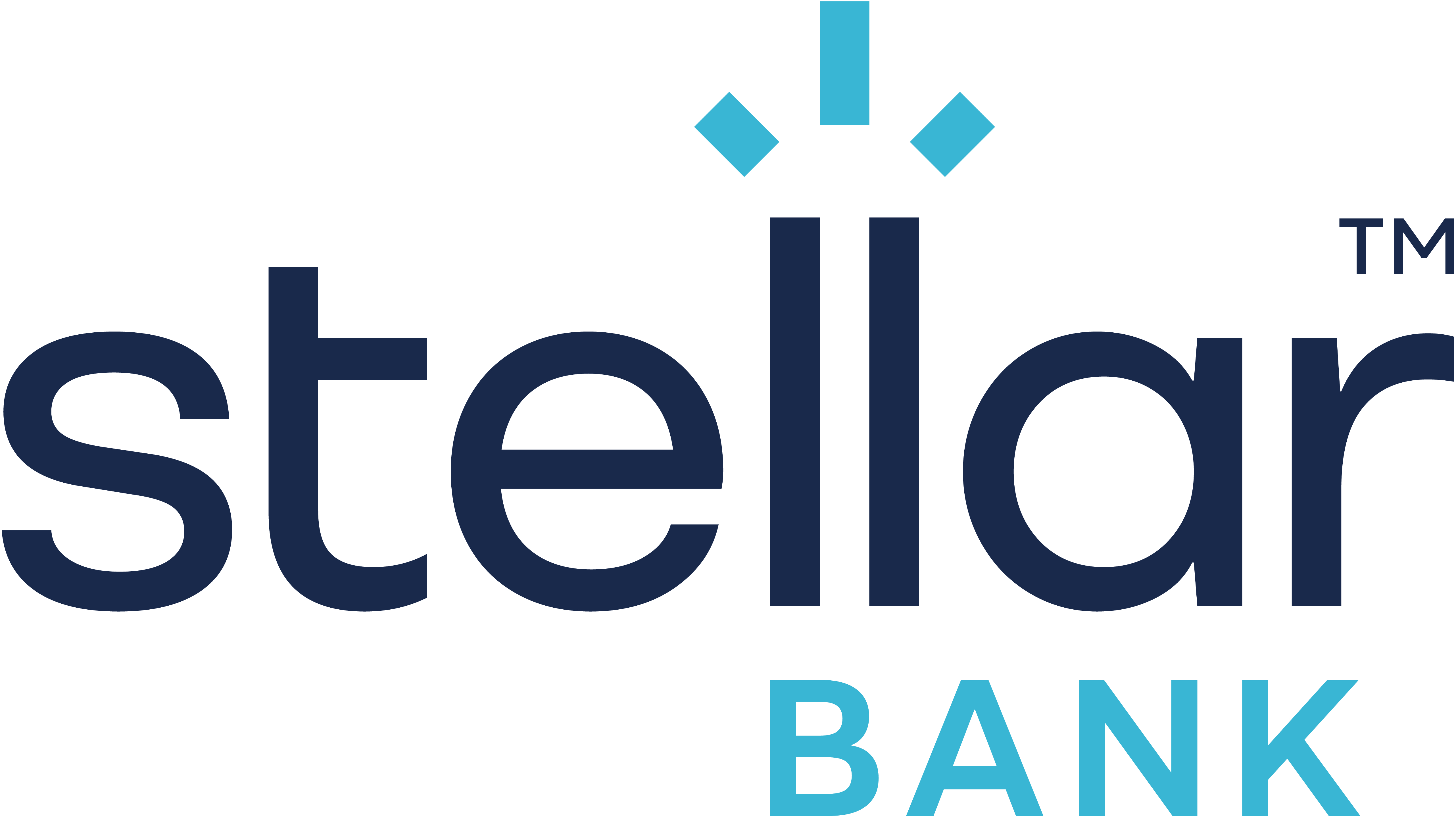How to Protect Your Business Data in Your Home Office

By: Aries Payne
Running a business from home offers flexibility, but it also introduces cybersecurity risks. Sensitive information like customer details, financial records, intellectual property, and more may be stored on your personal computer or separate devices using your home network, so it’s crucial to take proactive measures to protect your business and its data.
Here are some essential steps you can take to safeguard your business data when you’re working from a home office.
Use Strong Passwords
Even if you’re in the comforts of your own home, it’s imperative that the devices you use for business remain locked when not in use with a strong password.
Generally, your passwords for your device and the online accounts you use should be:
- At least 16 characters long
- Be composed of a random string of words (passphrase) or letters
- A mixed combination of capital and lower-case letters, numbers, and symbols
- Unique for each account and your device
Password managers are great tools for protecting your login information and alleviating the burden of remembering several different, complex passwords.
Turn On Multifactor Authentication (MFA)
Multifactor authentication (MFA), also referred to as “two-factor authentication,” offers an additional layer of security by confirming your identity when you try to access your online accounts. MFA can be in the form of a code sent via text, email, or a third-party app.
You should turn MFA on when given the option, especially for online accounts concerning:
- Banking
- Social media
- Online purchases
- Sites that save sensitive data
Recognize and Report Phishing
Phishing is a type of cybersecurity threat in which scammers attempt to steal sensitive or personal data by sending messages via text, email, or social media that appear to be from legitimate, trusted sources.
Typical signs of a phishing message include:
- The sender’s email address does not match the actual sender
- Unexpected attachments
- Shortened URLs
- Request to send personal or financial information or to log in to an account by following an unfamiliar link
- Language that suggests urgency or has an emotional appeal
- Typos and/or poor grammar
If you suspect you’ve received a phishing message, report it as spam and immediately delete it. Do not click on any attachments or links.
Update Software
It’s important to update software because the changes often contain patches that strengthen any security vulnerabilities. You should regularly update these types of software:
- Operating systems
- Web browsers
- Anti-virus and anti-malware software
- Productivity applications
- VPNs
- Password managers
- Cloud storage platforms
Many of these will allow you to turn on automatic updates. However, it’s also good practice to check for updates manually and pay attention to notifications to ensure you don’t miss any.
Keep Your Home Office Cyber Secure!
By implementing the above basic cybersecurity practices, small businesses operating from home can significantly reduce the risk of data breaches and keep valuable information protected.
For more tips on cybersecurity for your business, request an appointment with our IT and Cybersecurity Business Specialist today!







